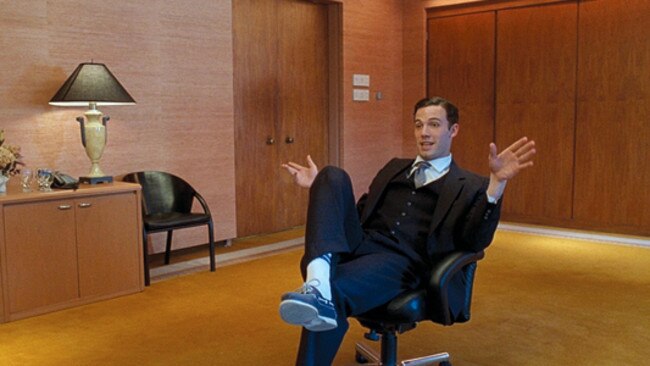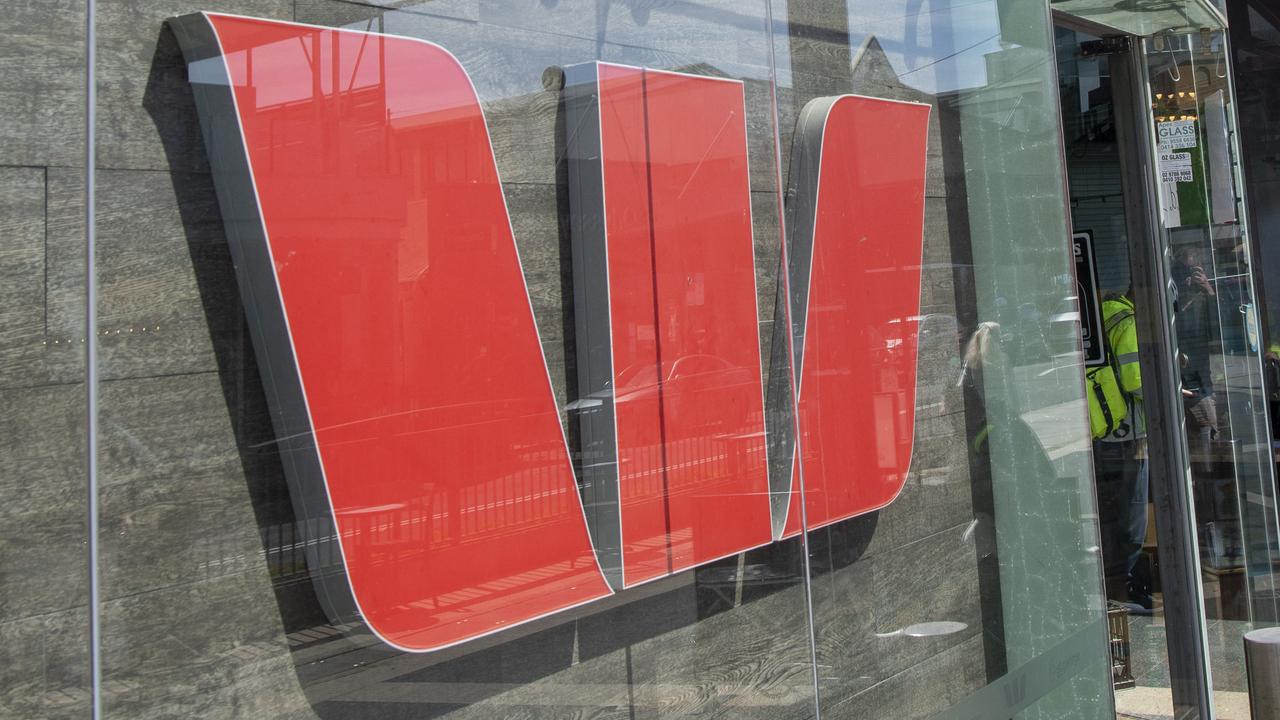What not to do when you’re rejected from a job
JOB interview rejections got you down? There are ways to handle it professionally — and it might even land you a job down the track.

Careers
Don't miss out on the headlines from Careers. Followed categories will be added to My News.
JOB interview rejections got you down? Whether you take it personally or bounce back quickly, for both job seekers and employers, it’s all part of the job-search process.
Unlike a woman in England who, after being rejected for not bringing her passport to an interview, staged a sit-in for 90 minutes (and had to be removed by cops), there are professional ways to handle a turndown. We rounded up several tales from the trenches to assess how candidates and employers alike can tactfully up their games.
COMPASSION PAYS IT FORWARD
In January, Ella Marks* interviewed for a marketing position at a city firm. Ten minutes into the interview, though, rejection followed. “He went on to explain why [he was rejecting me], which I appreciated,” says the 45-year-old. The hiring manager told the Brooklyn local that he was seeking more global-management experience. He also understood her predicament; he had been laid off two years prior and he recalled his previous downsizing. After offering to keep her in mind for another position, he suggested companies with openings for her to explore. “Nice guy, class act,” says Ms Marks. “I remember him saying, ‘Don’t worry, you will find something.’”
The assessment: “Kudos to the employer,” says Tony Beshara, author of Acing the Interview. “When a hiring authority builds a relationship with the candidate, the candidate is more than likely to follow the employer.” Plus, this positive rejection fuelled Ms Marks — she recently landed a new job elsewhere in her desired field. He adds that this feedback is “wonderful and gives tremendous confidence.”
DON’T TAKE THINGS PERSONALLY
After interviewing for a data analyst role with a hiring manager, New Yorker Scott Lopez* wanted to run, not walk, to the nearest exit. The advertising agency director was “very, very mean.” After an hour-long interview, he reprimanded Lopez, telling him he lacked transferable skills from five internships, instructing him to remove his earring and ranting about millennials feeling entitled — ironic, considering Lopez has been working since he turned 14. “I was surprised at how angry he was,” says the 25-year-old. “I did not want to work for his company. He could have been more civil.”
The assessment: “Ouch,” says Tamara Jacobs, author of Your Ultimate Success Plan. Employers should probe beyond bling since “there may be more there than meets the eye!” Plus, employers should think about who represents them. One bad apple can spoil the bunch — the director may or may not be an indicative representation of the company. Beshara suggests holding your ground: “Say, ‘I’ve found it hard to generalise about generations. I’ve been working since I was 14 and have always been a hard worker.’ ”
COURTESY IS CONTAGIOUS
Julie Smith*, 48, recalls bonding with a hiring manager at a New York ad agency in June. During the third interview, the hiring manager mentioned they’re “aligned on so many things.” But one week later, the Connecticut resident received an email from HR, stating, “We thought you were really strong, we really enjoyed meeting you, but we’re going to pursue other candidates.” Still, Smith says it was nice to close the loop. “I would definitely want to work there,” she says.
The assessment: This is the least a hiring authority should do, says Beshara. Even if it’s canned, it leaves the candidate feeling like they’re not just a number. “Smart employers always leave candidates feeling good about themselves, even if they don’t hire them,” he explains. And candidates should close the loop on their end, too. “Send a thankyou email appreciating the interview, and follow up,” says Jacobs.
THE STENCH OF RADIO SILENCE
Mike Rodriguez* interviewed with 10 people at a New York hedge fund in 2012. “Things looked promising, especially after the fourth interview,” recalls the Manhattan resident. Cue the crickets. Although the 28-year-old landed a new gig at another fund within two months, he’s on the hunt again and will boycott that employer — he was never officially rejected. “Being ignored showed me I’d never want to work for a company who doesn’t value people,” he explains.
The assessment: “It’s about as rude as it gets,” says Bashara. But unfortunately, it’s a sad reality: 85 per cent of employers “reject” a candidate this way. They should at least send a courteous email. That said, from a candidate perspective, Beshara advises against dismissing the employer — it may be a viable opportunity in the future. “Writing the company off because of this treatment is not wise,” he adds.
*Names have been changed.
This article originally appeared in New York Post and was reproduced with permission.
Originally published as What not to do when you’re rejected from a job


